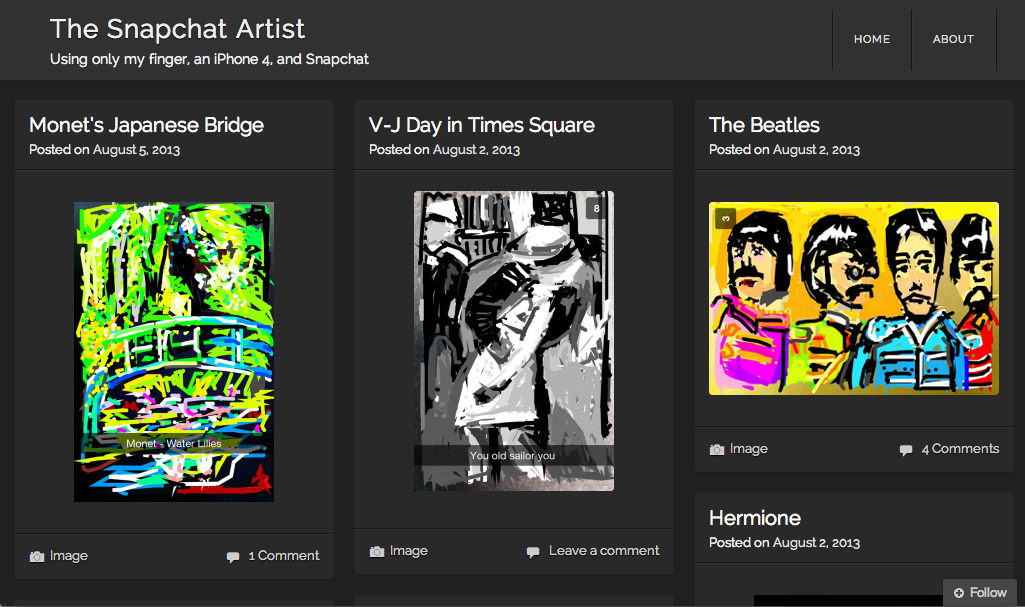
As we constantly catch up with technology, we often forget how much our online interactions can make a big difference. Marshall McLuhan once said, “The medium is the message.” Social media is our contemporary “medium.”
However, there are pros and cons to excessive online activity. It is a gateway in bridging people and ideas together but at the same time sporadic privacy policies that change often and rapidly can be compromising to our online reputation.
With the lack of a structured curriculum on how to behave online, professor Ann-Louise Davidson from the education department at Concordia University suggests that staying active on social media is a better way to express our online presence instead of other people doing it for us through tags and mentions.
“If you’re not on Facebook and your friends are, then there’s most likely a chance you’re on it and you don’t know it,” she explained.
But there are benefits to using social media. Matt Soar, who teaches a class on intermedia in Concordia’s communication studies department, explained that it can be challenging to teach students about tricks to help them express fresh creative ideas. Therefore, combining creativity and connectivity seems to be a good solution.
“We’ve seen some changes [in technology] incredibly quickly, so what I have to do is to keep up with those changes,” he said.
One of those changes was learning Vine. Using his smartphone, he can record, edit, enhance and post a short video clip of six seconds. After learning about it from a friend, Soar decided to make an interactive movie by putting together more than 60 short Vine videos of various circular objects. His finished product was a film titled Fibonacci Korsakow, a visual representation of the Fibonacci number.
On the other hand, there is a downside to social media in that it often turns into a popularity contest.
Vine patron, Armel Mzaliwa Shindano, who usually posts dance-related videos, observed how some people are just using Vine to establish quick Internet fame.
“There’s going to be lots of people who do stupid things for Vine,” he said. “Like this one guy who tried to jump a car. You’re killing yourself to get a hundred views. You’re not getting paid for it…you’re just getting noticed by people and by your stupidity.”
Furthermore, “[Social media] can be a mode of expression, and it can be a mode of oppression as well,” said Davidson.
Even with recent movements in the United States to fight dignity-infringing activities such as “revenge porn,” and a law that youth under 18 can erase old online activity, Davidson reminds us that we need to always be careful. As well as being a place to post your own work, there is the freedom for others to post their work, even when it’s harmful. There have been several documented instances where what someone has posted about themselves, or what others have posted about them has had severe consequences.
Soar explained that negative effects of the Internet have always existed, except that it’s more amplified in social media. Though, he remains optimistic and believes that an open forum in good taste is essential to helping improve the way we use to our medium.
“I think it’s a very exciting time,” he said. “The web is profoundly important to human development and civil discourse. We need more conversation, not less,” he said.
He also imparts this knowledge to his intermedia students, “The way to stand out from the crowd is to have incisive and ethically sound creative ideas.”




